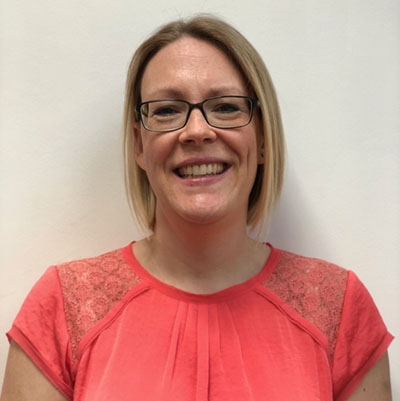SAS dentists are leaders within the NHS in our own right; we need, and deserve, to be counted. This is my core message in sharing my own story and perspectives as a SAS dentist with over 20 years of clinical experience.
Who exactly are SAS dentists?
SAS stands for Specialty, Associate Specialist, and Specialist dentists. We are a group of experienced, dedicated and highly skilled dentists, who can work both autonomously and collaboratively as part of a wider team alongside consultants within hospitals.
Together with our medical counterparts, SAS dentists are a consistent presence in hospital departments, establishing continuity and stability within clinical teams and playing a critical role in care for patients, teaching, management, and quality improvement.
My route into this area of dentistry started after completing my undergraduate degree when I worked as a foundation trainee. I was fortunate to have two shadowing days with SAS dentists in an oral and maxillofacial surgery (OMFS) department and really enjoyed seeing the skilled work they were undertaking. Later, I was appointed to a SAS dentist role and eventually became an Associate Specialist in oral surgery working at Bristol Dental Hospital.
My philosophy has always been to put myself forward when opportunities arise and I would encourage other SAS to do the same. These opportunities have led me to a role in education including obtaining an MSc in Medical Education and becoming a fellow of the Faculty of Dental Trainers. I am incredibly proud to now be a clinical supervisor for many undergraduate dental students, dental core trainees and specialty trainees in oral surgery, as well as an educational supervisor for dental core trainees. It enables me to keep up to date, and it is another string to my bow in demonstrating my value as a clinician.
SAS dentists have existed as a cohort of dentists since 1991, working under several national contracts that have expanded our areas of responsibility. Vital progress has been made over recent years in advancing the role of SAS dentists, but there is also awareness that there remains more to do in terms of ensuring our full recognition. This includes providing more educational opportunities, ensuring career progression at all levels and delivering further recognition of our autonomous working skills.
The BDA was closely involved with the NHS SAS Charter that was rolled out from 2014 onwards, and SAS dentists have used this as a springboard to take their leadership roles further. I hope this article will be part of a wider push to explain the central role we have in delivering a wide range of services in hospital departments throughout the UK, most frequently supporting the specialties of OMFS and oral surgery, but increasingly in the other dental specialties.
SAS posts remain one of the career options available to middle year career dentists. From my viewpoint, I consider a SAS dentist career as a way to gain hands-on experience alongside developing a professional portfolio in any area that interests you, such as teaching, leadership, research, clinical governance et cetera.
It also allows us the opportunity to work in partnership with medical and dental colleagues and be treated as equals when caring for patients. However, we need appropriate support, and I believe this means SAS need effective educational supervisors, as well as the funding to support our continued professional development.
Why should SAS dentists be counted?
Returning to my core theme, why should SAS dentists be counted? Within our roles, we are leaders in so many areas, for example as Training Programme Directors for deaneries or SAS tutors for hospital trusts, where we are able to construct and deliver training locally, regionally, and nationally. SAS are also clinical leads for their departments. In these areas we ensure continuity, quality improvement and stability in teams where resident dentists (formerly known as hospital dental trainees) frequently move between clinical posts, and where there is also high staff turnover, including at managerial level.
Many dentists and the wider public may not know that we also undertake postgraduate qualifications, are widely published in peer-reviewed journals, and are members of royal colleges and specialist societies through which we help to shape our profession. We fill many high-profile roles within the specialist societies covering dentistry, for example I have served as a council member for the British Association of Oral Surgeons.
SAS dentists can also make a difference to patient outcomes, in roles such as clinical governance lead or contributing to patient safety by designing patient-focused services for effective patient care, ensuring that patient safety remains at the heart of hospital processes over the long term.
I am incredibly passionate about the role that SAS dentists play within hospitals and the difference we make in delivering the very best clinical outcomes for patients through our leadership skills.
We will keep pushing for the recognition we deserve and the understanding that we bring different strengths to the wider clinical team. We must ensure that there are long-term opportunities for SAS dentists to work at the centre of hospital-based dentistry, as this enables the delivery of high-quality services to our patients.

